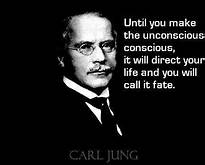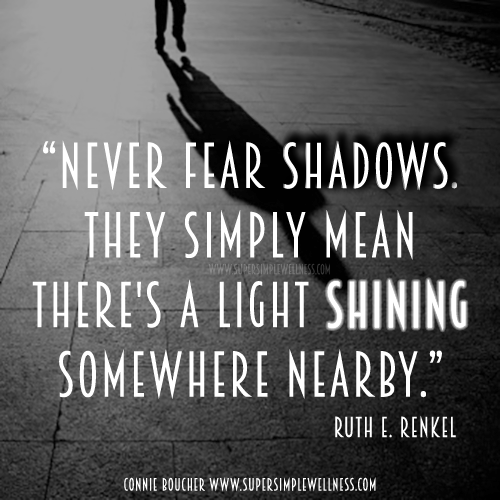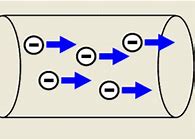Another Jungian concept is the shadow. Jung’s original definition was the “shadow is that hidden, repressed, for the most part inferior and guilt-laden personality…” [CW9 paras 422 & 423].1 
The word “shadow” for this concept is now commonly used to mean the negative side of someone’s personality, the parts of themselves of which they are unaware, or their negative or violent traits (though it may be another person’s or culture’s shadow defining as “negative,” as we shall see below). A distinction needs to be made between the shadow and how it is negatively manifested.
Most of the things you hear or read about the shadow commonly use words like negative, denied, ashamed, etc. Wikipedia’s entry on Jung’s concept of shadow has as the first line of the second paragraph, “Because one tends to reject or remain ignorant of the least desirable aspects of one’s personality, the shadow is largely negative.”  But Jung’s own definition went on to clarify, “If it has been believed hitherto that the human shadow was the source of evil, it can now be ascertained on closer investigation that … shadow does not consist only of morally reprehensible tendencies, but also displays a number of good qualities ” [CW9 paras 422 & 423].1 One of his most famous students, Maria Louise von Franz, cited a woman Jungian therapist who worked with some of the hardest criminals in jail and found that their shadows were incredibly positive.
But Jung’s own definition went on to clarify, “If it has been believed hitherto that the human shadow was the source of evil, it can now be ascertained on closer investigation that … shadow does not consist only of morally reprehensible tendencies, but also displays a number of good qualities ” [CW9 paras 422 & 423].1 One of his most famous students, Maria Louise von Franz, cited a woman Jungian therapist who worked with some of the hardest criminals in jail and found that their shadows were incredibly positive. 
When Jung described the shadow as “negative,” it was more in the sense of a photographic negative  or a negatively charged particle in physics
or a negatively charged particle in physics  . Negative for him was a scientific term and not a judgment. It was negative in that it was not lived out or processed. It would be no truer with these words to say that everything one actually did in real life was positive in the sense of good. It is merely positive in the sense of being manifest like the positive image of a photographic negative: it has been brought to light.
. Negative for him was a scientific term and not a judgment. It was negative in that it was not lived out or processed. It would be no truer with these words to say that everything one actually did in real life was positive in the sense of good. It is merely positive in the sense of being manifest like the positive image of a photographic negative: it has been brought to light.
- Jung CG. Shadow Definition. In: Read H, Fordham, M., Adler, G., McGuire, W., ed. Hull RFC, trans. The collected works of C.G. Jung Vol Vol. 9. 2nd ed. Princeton, NJ: Princeton University Press; 1969 (Original work published 1948):207-254.